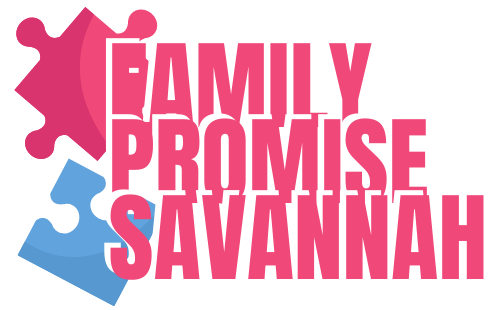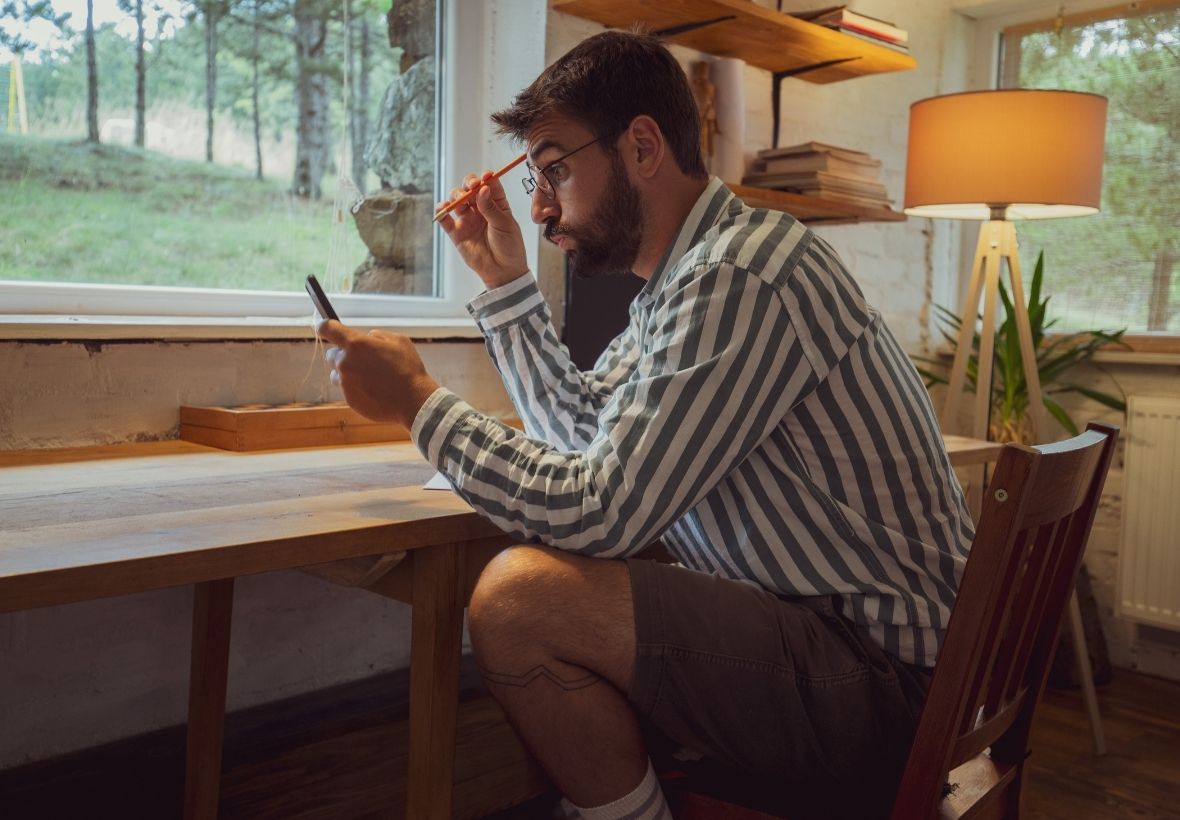Website design is a crucial aspect of building an online presence for businesses and individuals alike. It plays a significant role in attracting and engaging visitors, converting them into customers, and establishing a strong brand identity. However, designing a website that achieves these goals requires expertise and creativity. This is where website design agencies come into play. In this article, we will explore the different types of website design agencies and help you understand which one may be the right fit for your needs.
Introduction to Website Design Agencies
Website design agencies are professional firms or individuals specializing in creating and developing websites. They bring together a team of designers, developers, and other experts to deliver visually appealing and functional websites tailored to their clients’ requirements. These agencies work closely with clients to understand their goals, target audience, and brand identity, and then translate these into a compelling online presence.
Importance of Choosing the Right Website Design Agency
Choosing the right website design agency is crucial for the success of your online venture. A well-designed website can significantly impact your business’s growth, improve user experience, and enhance your brand reputation. On the other hand, a poorly designed website may drive potential customers away and hinder your online presence. Therefore, it is essential to consider various factors before selecting a website design agency.
Types of Website Design Agencies
There are several types of website design agencies, each with its own strengths and weaknesses. Let’s explore the most common types:
|
1 |
Freelance Designers | Freelance designers are independent professionals who work on a project-by-project basis. They usually have a diverse portfolio and offer a more personalized approach to website design. Freelancers often have lower overhead costs, which can result in competitive pricing. However, they may have limited resources and availability compared to larger agencies. |
|
2 |
Small Design Studios | Small design studios consist of a small team of designers and developers. They offer a balance between personalized service and a broader range of skills. Small studios often specialize in specific industries or niches, allowing them to understand their clients’ unique needs better. However, they may have limited capacity to handle larger projects or complex requirements. |
|
3 |
Boutique Agencies | Boutique agencies are small to medium-sized firms that focus on providing high-quality design services to a select group of clients. They typically have a team of experts with extensive experience in various aspects of website design. Boutique agencies offer personalized attention, innovative solutions, and a deep understanding of their clients’ businesses. However, their services may come at a premium price. |
|
4 |
Large Design Agencies | Large design agencies have extensive resources and a vast team of professionals, including designers, developers, project managers, and marketers. They have a proven track record of handling complex projects for established brands. Large agencies can handle large-scale projects, provide comprehensive services, and offer ongoing support and maintenance. However, their services may be more expensive, and they may have a standardized approach that may not suit everyone. |
Pros and Cons of Freelance Designers
Freelance designers offer several advantages, such as personalized attention, competitive pricing, and a diverse range of styles. However, there are also potential drawbacks to consider. Freelancers may have limited availability, lack a dedicated support team, and may not have the same level of expertise as larger agencies. It is crucial to evaluate your project requirements and budget before deciding to work with a freelance designer.
Pros and Cons of Small Design Studios
Small design studios provide a blend of personalized service and a broader skill set. They often have a strong focus on client relationships, industry knowledge, and attention to detail. However, small studios may have limitations in terms of scalability and resources. They may not be able to handle large projects or provide round-the-clock support. Assess your project scope and growth potential before choosing a small design studio.
Pros and Cons of Boutique Agencies
Boutique agencies offer specialized expertise, personalized attention, and a deep understanding of their clients’ businesses. They are known for their creativity, attention to detail, and innovative solutions. However, their services may come at a higher price point, and they may have limited capacity to handle multiple projects simultaneously. Consider your budget and the level of customization required before engaging a boutique agency.
Pros and Cons of Large Design Agencies
Large design agencies have the resources, expertise, and experience to handle complex projects for established brands. They offer comprehensive services, ongoing support, and a structured project management approach. However, their services may be more expensive, and they may have a standardized process that may not allow for a high level of customization. If you have a large-scale project with complex requirements, a large design agency may be the right choice.
Factors to Consider When Choosing a Website Design Agency
When selecting a website design agency, it is essential to consider several factors to ensure the best fit for your needs. Here are some key considerations:
· Experience and Expertise
Look for agencies with relevant experience in your industry or niche. Check their portfolio and client testimonials to gauge the quality of their work. An experienced agency will have a deep understanding of effective design principles, user experience, and industry trends.
· Portfolio and Client Reviews
Review the agency’s portfolio to assess the quality and diversity of their previous work. Pay attention to the design aesthetics, functionality, and user experience of the websites they have created. Additionally, read client reviews and testimonials to gain insights into their professionalism, communication, and ability to meet deadlines.
· Services Offered
Consider the range of services offered by the agency. Do they provide only design and development, or do they offer additional services such as SEO, content creation, or digital marketing? Depending on your requirements, you may prefer an agency that can handle multiple aspects of your online presence.
· Pricing and Budget
Discuss the pricing structure and payment terms with the agency. Make sure you have a clear understanding of what is included in the quoted price and whether there are any additional costs. It is crucial to find a balance between your budget and the quality of service you expect.
· Communication and Collaboration
Effective communication is vital for a successful partnership with a website design agency. Ensure that the agency has a transparent communication process and is responsive to your inquiries. Collaboration tools, regular progress updates, and a designated point of contact can facilitate a smooth working relationship.
Case Studies of Successful Website Design Agencies
To illustrate the impact of website design agencies, let’s explore a few case studies of successful projects:
1. Case Study 1: XYZ Design Agency
- Client: ABC Retail
- Goal: Redesign the e-commerce website to improve user experience and increase sales.
- Approach: Conducted user research, created wireframes and prototypes, implemented a responsive design, and optimized the checkout process.
- Results: Increased conversion rate by 30% and generated a 20% increase in online revenue within six months.
2. Case Study 2: DEF Design Studio
- Client: GHI Tech Startup
- Goal: Develop a visually striking and intuitive website to attract investors and users.
- Approach: Collaborated closely with the client to understand their target audience and brand values. Created a modern design with engaging animations and seamless navigation.
- Results: Received positive feedback from investors, leading to a successful funding round. Increased user engagement and sign-ups by 40%.
Tips for Working Effectively with a Website Design Agency
To ensure a successful collaboration with a website design agency, consider the following tips:
1. Clearly Define Your Goals: Communicate your objectives, target audience, and desired outcomes to the agency from the beginning. This will help them align their design strategy with your business goals.
2. Provide Timely Feedback: Actively participate in the design process by providing timely and constructive feedback. This will enable the agency to make necessary adjustments and ensure your vision is accurately translated into the final product.
3. Maintain Open Communication: Establish a regular communication channel to address any concerns, queries, or updates. Clear communication will foster a strong working relationship and help resolve issues promptly.
4. Trust Their Expertise: Remember that you hired a website design agency for their expertise. Trust their recommendations and suggestions based on industry best practices and user experience principles.
5. Plan for Future Growth: Discuss scalability and future updates with the agency. Ensure that the website design is flexible enough to accommodate future changes and additions as your business evolves.
Common Challenges When Working with Website Design Agencies
Working with website design agencies may come with some challenges. Here are a few common ones and how to overcome them:
1. Miscommunication: Misunderstandings can arise due to unclear project requirements or a lack of effective communication. Regularly communicate your expectations and ensure the agency understands your vision.
2. Delays in Timelines: Unforeseen circumstances or scope changes can sometimes cause delays in project timelines. Maintain open communication and establish a realistic timeline from the beginning.
3. Differences in Design Preferences: Design is subjective, and there may be differences in preferences between you and the agency. Provide specific examples and references to help the agency understand your design preferences better.
4. Budget Constraints: Sometimes, budget constraints can limit the extent of customization or additional services that an agency can offer. Discuss your budget openly with the agency and explore alternative solutions to meet your needs.
5. Technical Issues: Technical challenges may arise during the development or maintenance phase of the website. Ensure that the agency provides ongoing support and has a process in place to address technical issues promptly.
Trends and Innovations in Website Design
The field of website design is constantly evolving. Here are a few trends and innovations shaping the industry:
1. Responsive Design: With the increasing use of mobile devices, websites must be optimized for different screen sizes and devices.
2. Microinteractions: Small animations and interactive elements that enhance the user experience and provide visual feedback.
3. Minimalism: Simplified and clean design aesthetics that focus on essential elements and improve readability.
4. Voice User Interface (VUI): The integration of voice-controlled features into websites, enabling users to interact with the site using voice commands.
5. Artificial Intelligence (AI): The use of AI-powered chatbots, personalized recommendations, and data analysis to enhance user experience and tailor content.
Future of Website Design Agencies
The future of website design agencies looks promising as the digital landscape continues to evolve. With advancements in technology, the demand for user-centered and visually appealing websites will continue to grow. Website design agencies will need to stay updated with emerging trends, embrace new technologies, and focus on creating seamless user experiences across various devices.


Leave a Reply